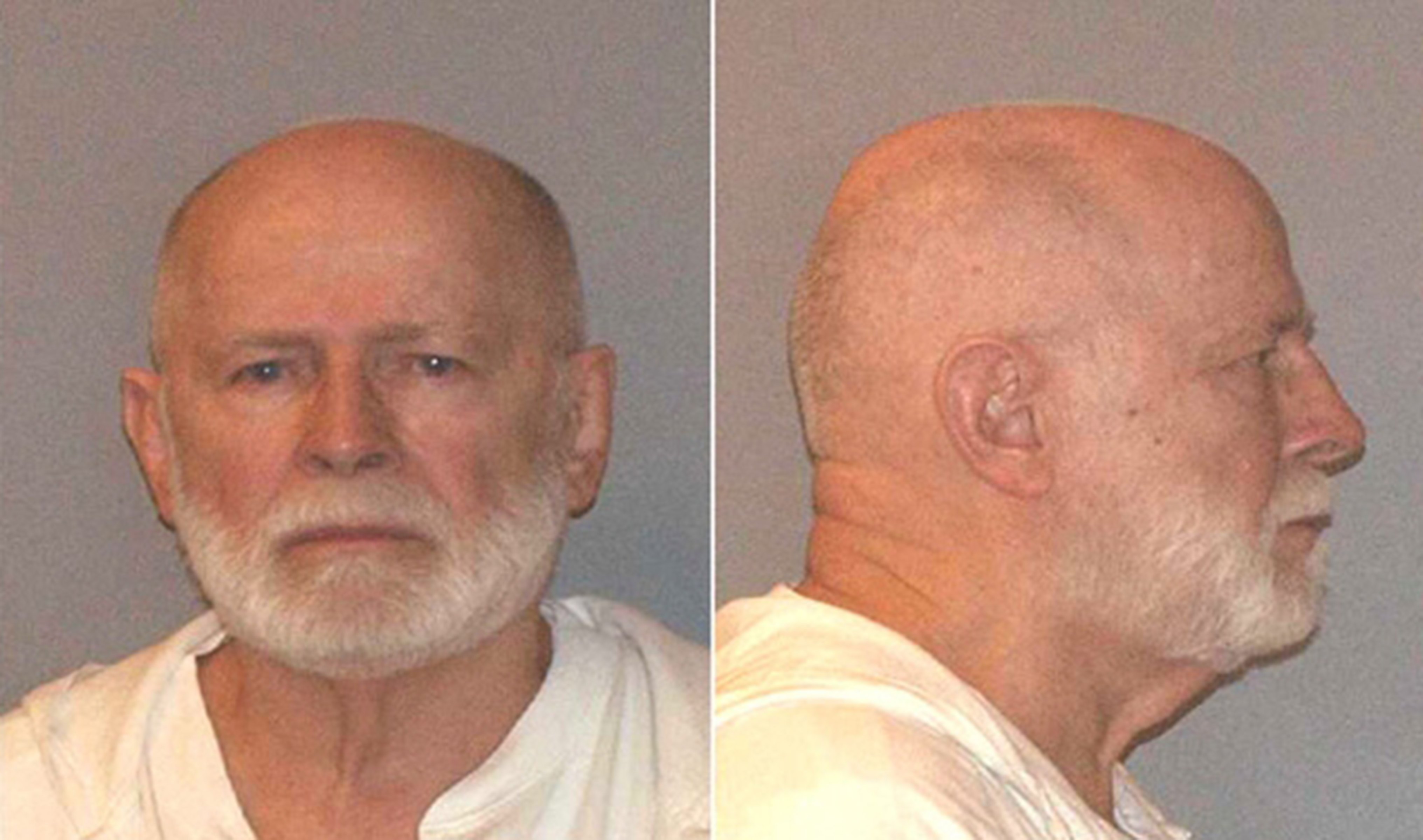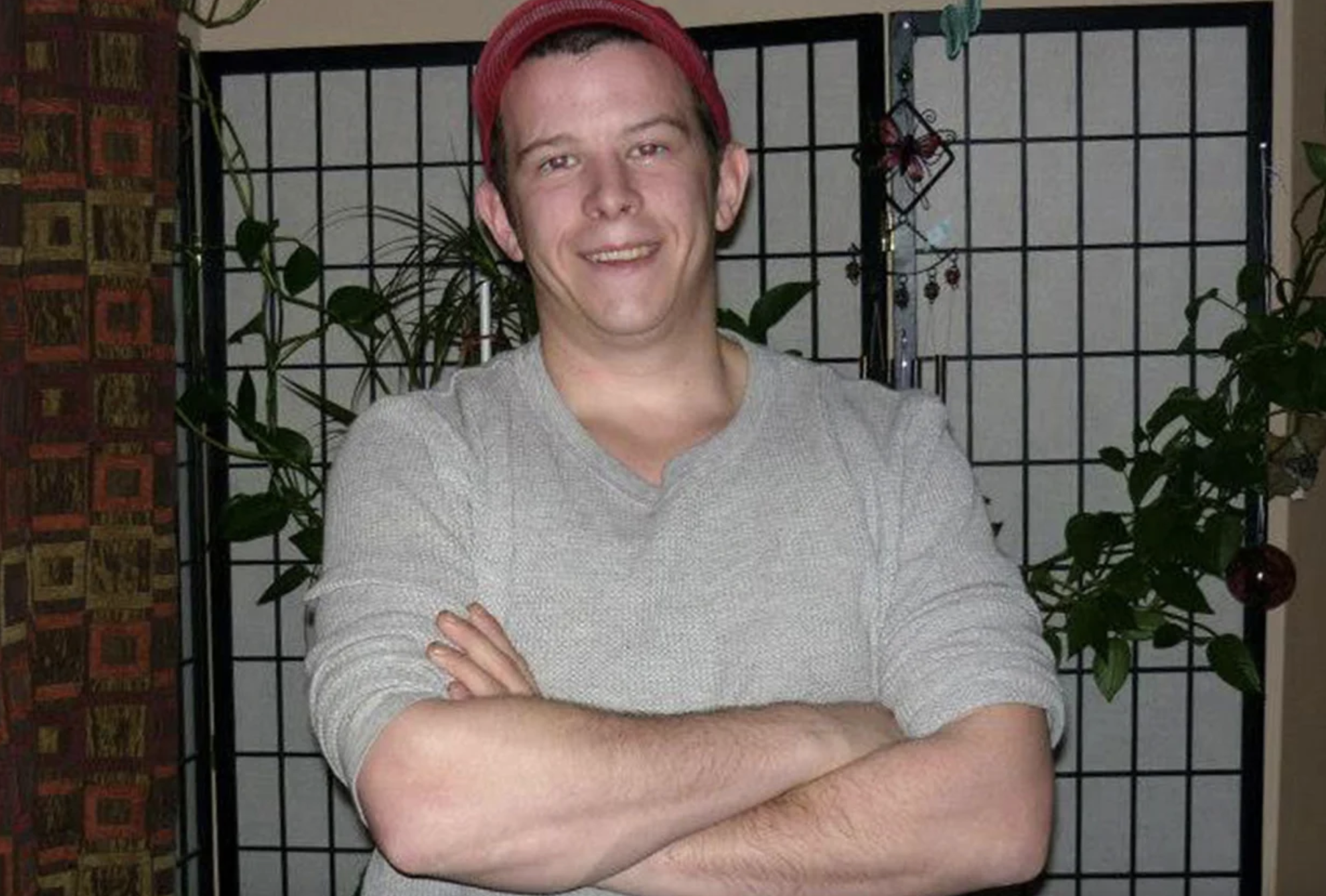
Federal prosecutors will not pursue the death penalty against two men charged with the prison killing of notorious Boston gangster James “Whitey” Bulger, according to court papers filed Wednesday.
Prosecutors said in a court filing that in the event Fotios “Freddy” Geas, a former Mafia hitman, and Paul J. DeCologero, a Massachusetts gangster, are convicted of murder in Bulger's killing, they will not seek a death sentence.
Geas also faced a possible death sentence if found guilty of an additional charge of murder by a federal prisoner serving a life sentence. But prosecutors said they would not seek it in the event he is convicted of that charge either.
Geas and DeCologero were charged last August in the 2018 slaying of Bulger, who who ran the largely Irish mob in Boston in the 1970s and ’80s and served as an FBI informant who ratted on his gang’s main rival. Bulger was killed just hours after he was transferred to a prison in West Virginia from another lockup in Florida and placed in the general population.
Geas and DeCologero are accused of striking Bulger in the head multiple times while a third man, Sean McKinnon, acted as a lookout. An inmate witness told authorities that DeCologero said he and Geas used a belt with a lock attached to it to beat Bulger to death.
Geas, DeCologero and McKinnon are all charged with conspiracy to commit murder, which carries up to life in prison. McKinnon, who is charged separately with making false statements to a federal agent, did not face a possible death sentence. The men are scheduled to go on trial in December 2024 in federal court in West Virginia.
Patrick Nash, an attorney for DeCologero, called it the “correct decision by the Department of Justice.”
“We are looking forward to our day in court. We trust the system and trust the fairness of the system and will put the facts in front of the jury,” Nash said.
Attorneys for Geas didn't immediately respond to emails seeking comment on Wednesday. An attorney who has represented Bulger's family also didn't respond to an email.
Attorney General Merrick Garland in 2021 placed a moratorium on federal executions. But the Justice Department has continued to press for the death penalty in certain cases.



